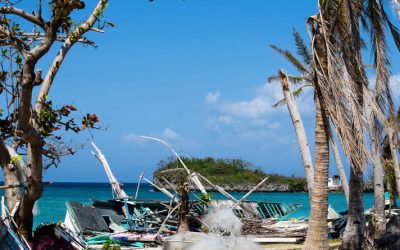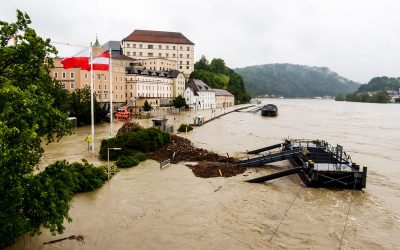Risk and Resilience
The major risks facing the world—from extreme events, to food and water security, to climate change—are complex, systemic, and far-reaching. Building on a history of ground-breaking research, the Risk and Resilience Program is well positioned to take an interdisciplinary, systems perspective on risk policy problems. The program aims to help transform the way societies manage risks while confronting the global trends amplifying them. There is also a strong emphasis on enhancing the resilience of vulnerable communities, countries, and regions.
Selected highlights
Serious gaming for risk communication and engagement
IIASA researchers develop and carry out serious games and simulations around the world to engage policymakers, businesses, communities, academics, and others in exploring the challenges of reducing disaster risk, building resilience, and ultimately contributing to sustainable development.
Supporting the policy discourse around Loss and Damage
In addition to mitigation and adaptation, the concept of “Loss and Damage” is considered a third pillar in the climate policy discourse. IIASA researchers provided evidence-based insight and proposals to facilitate a step-change in this highly politicized climate policy domain.
Breaking out of technological lock-in
Policy and technological innovation for managing risks from poor water quality may be entering a phase of profound transformation brought about by the conjunction of two good ideas: resource recovery from waste flows of water and “clumsiness” in governance systems.
Mainstreaming extreme risk into fiscal and budgetary planning
Climate change is having a visible impact on biological, physical, and human systems and this trend will likely continue into the future. Longer-term fiscal assessments will be crucial for public authorities to be adequately prepared for increasing climate-related risks.



